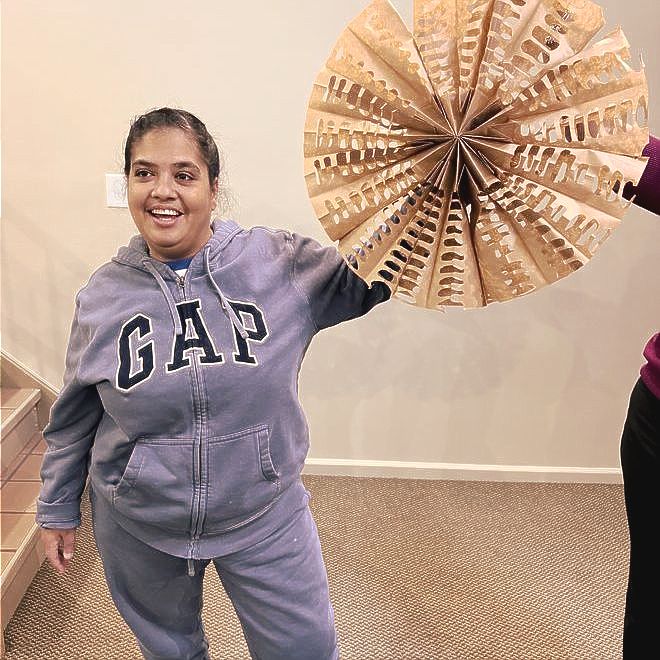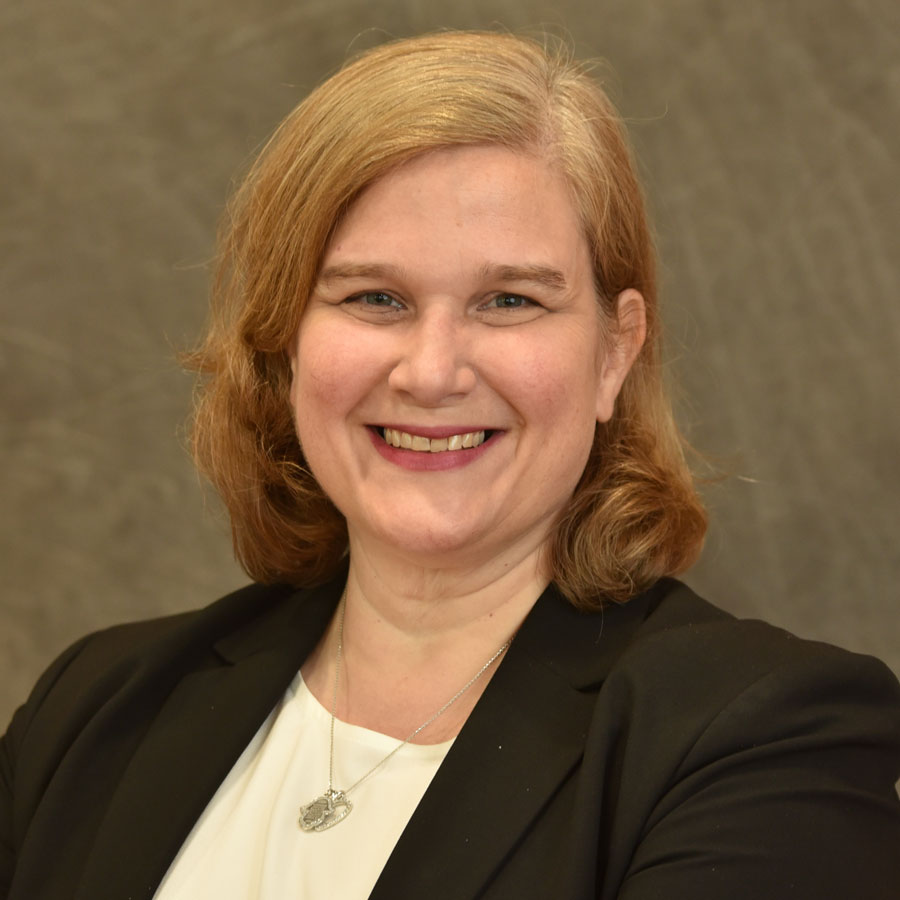AABR Staff Spotlight: Samuel Coyners & Yvelande Milord
In each edition of The Beloved Bulletin, we’re excited to shine a spotlight on one of our incredible staff members! This month, we’re highlighting Samuel and Yvelande, who are key members of our Day Program at St. Pascal’s. Their hard work and dedication make a difference every day, ensuring our individuals have the best experience possible […]









